
Liberals must now sell a budget they say will help younger Canadians catch up
It's now up to the federal Liberal government to sell a spending plan it says will help younger Canadians catch up to their elders.
In a Pakistan park meant for children to play in, there are Afghan children struggling to survive.
Living in flimsy tents, without the basics like running water or enough food, with only their mothers for protection – most of them widows.
“My husband was killed by Taliban,” one young mother told CTV News.
It’s a statement so common among the other women, she said it almost casually. There was more urgency in the follow-up.
“I don’t worry for me. I worry for my children.”
The United Nations estimates only about half of the approximately three million Afghans in Pakistan are registered. The rest are paperless, living on the margins.
These are Afghans with no status. They can’t work. They can’t go to school. They don’t have access to health care.
Then there’s the constant fear of being detained or deported.
The Pakistan government is threatening to end the amnesty that protects foreigners who lack proper documentation. Some 1,500 Afghans, including women and children, have reportedly been arrested in recent weeks.
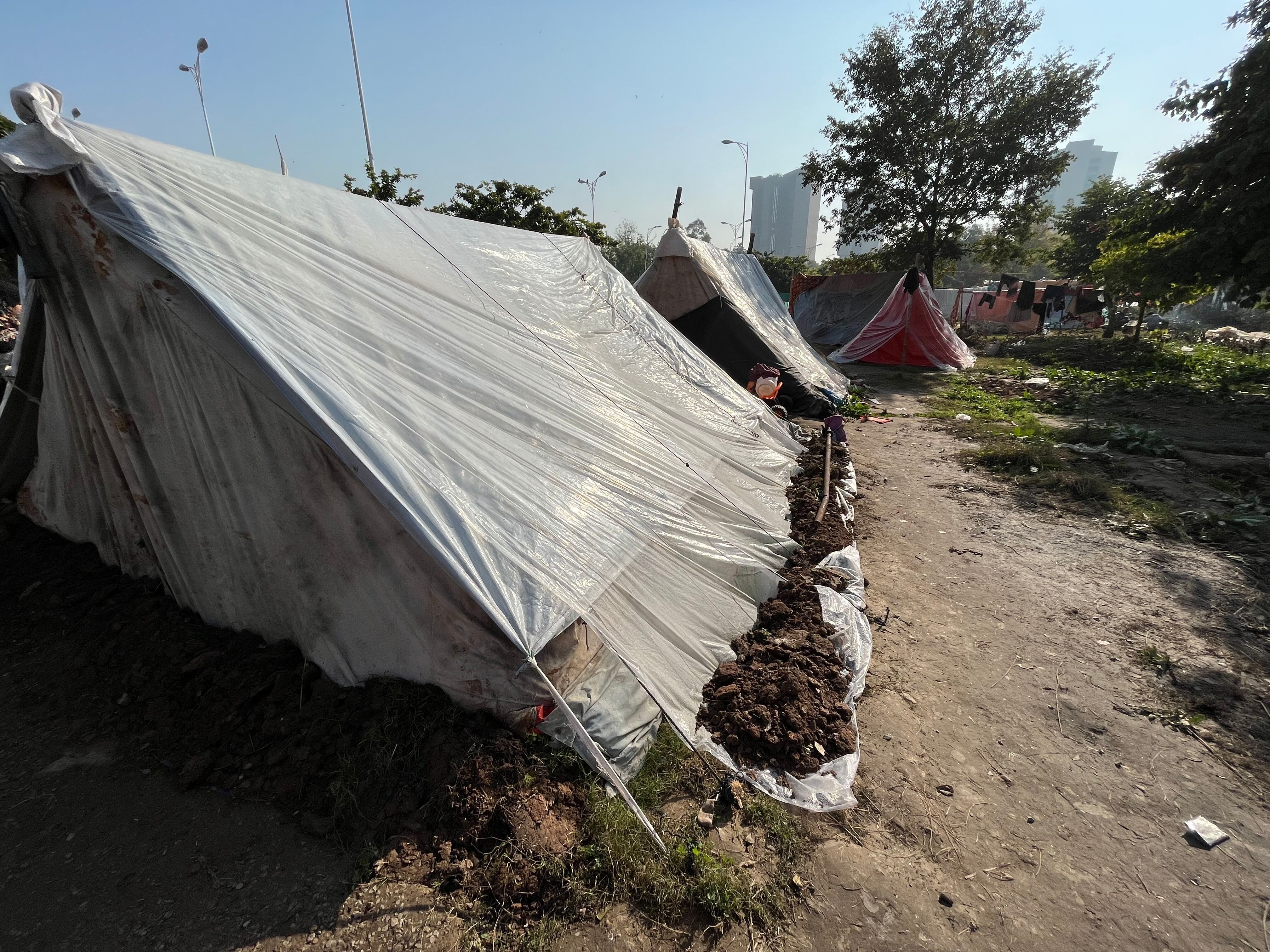 (Rosa Hwang / CTV News)
(Rosa Hwang / CTV News)
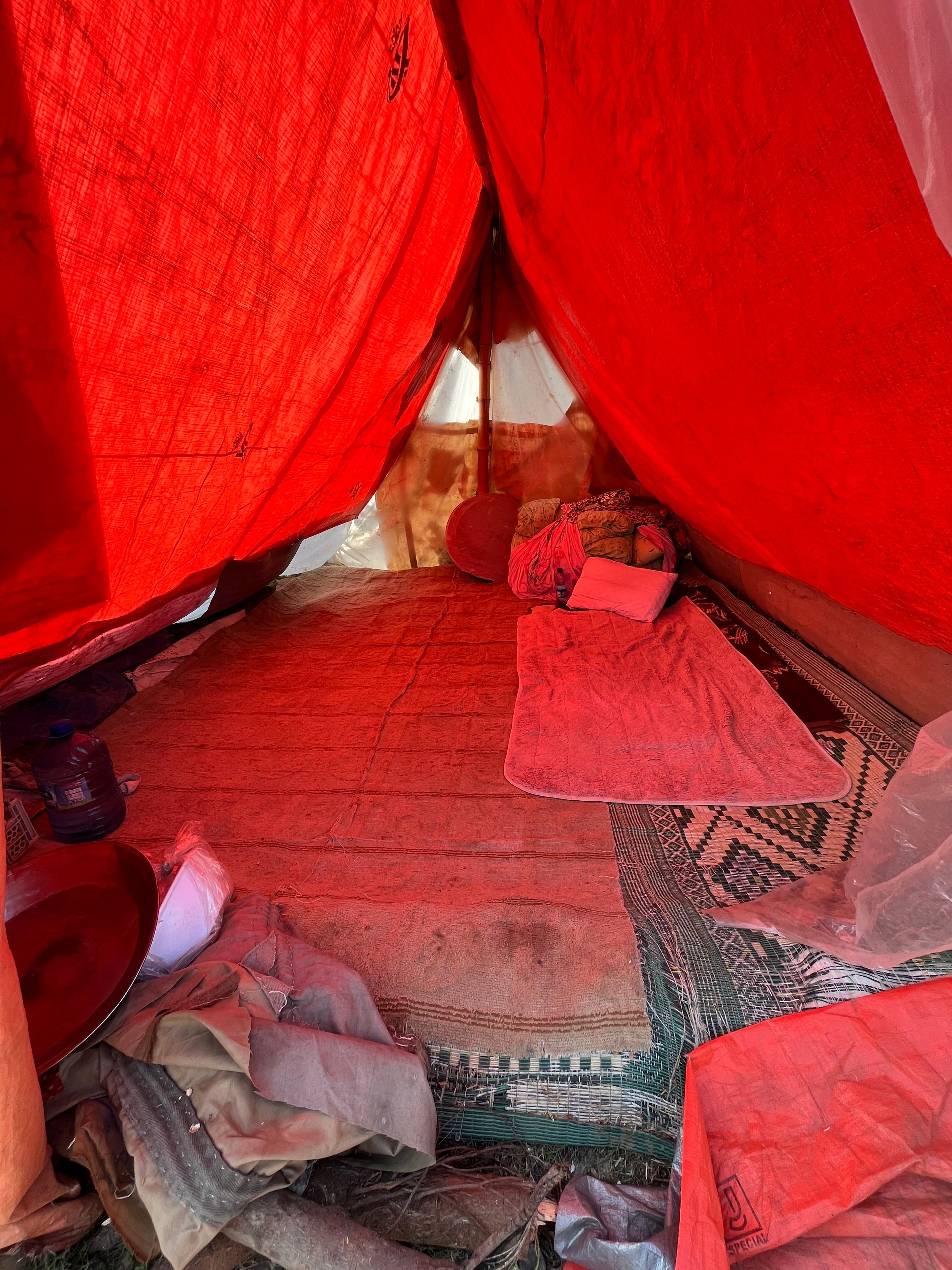 (Rosa Hwang / CTV News)
(Rosa Hwang / CTV News)
The mothers in that makeshift tent city know those temporary shelters won’t withstand the elements of a harsh winter. The children though, are mercifully oblivious to the risk. They happily walked 15 minutes to fetch fresh water as their daily chore.
I saw them laugh as they washed dishes in a small bucket and dutifully remembered to take their shoes off before going inside their tent.
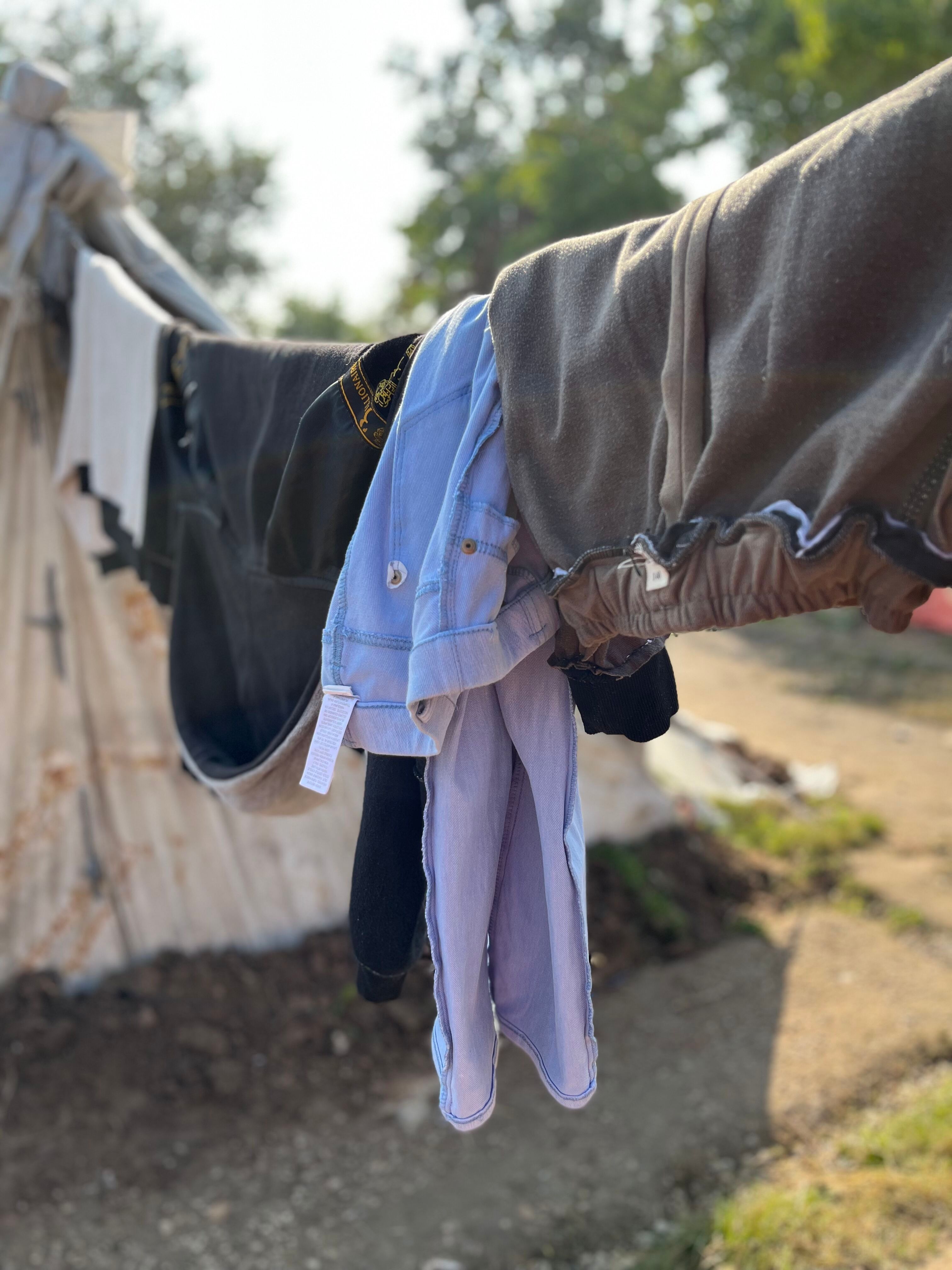 (Rosa Hwang / CTV News)
(Rosa Hwang / CTV News)
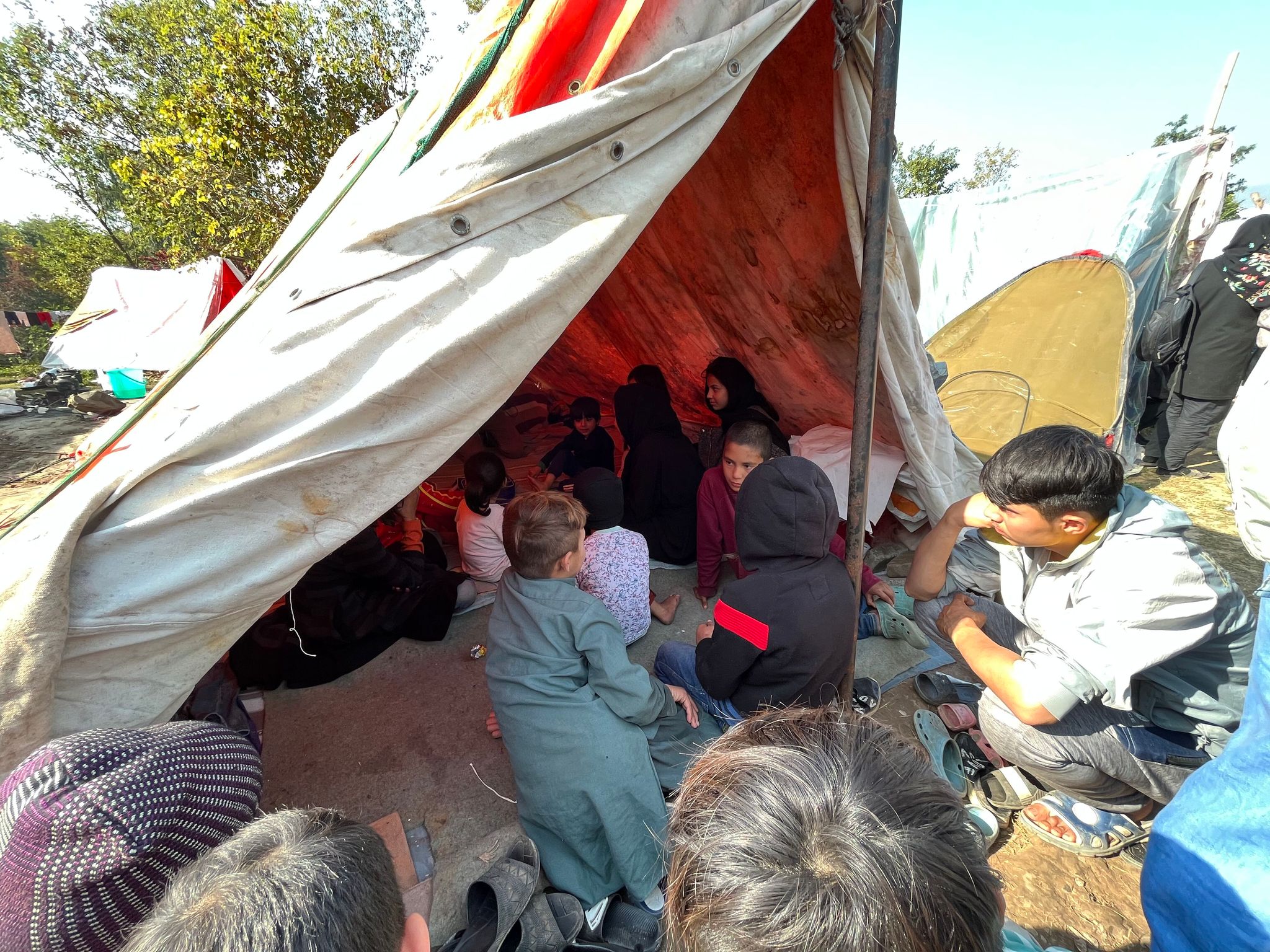 (Rosa Hwang / CTV News)
(Rosa Hwang / CTV News)
One girl was so fascinated by correspondent Genevieve Beauchemin asking questions, she could not stop staring. When photojournalist Stéphane Brisson demonstrated the features of his camera, he too was met with wide-eyed wonder.
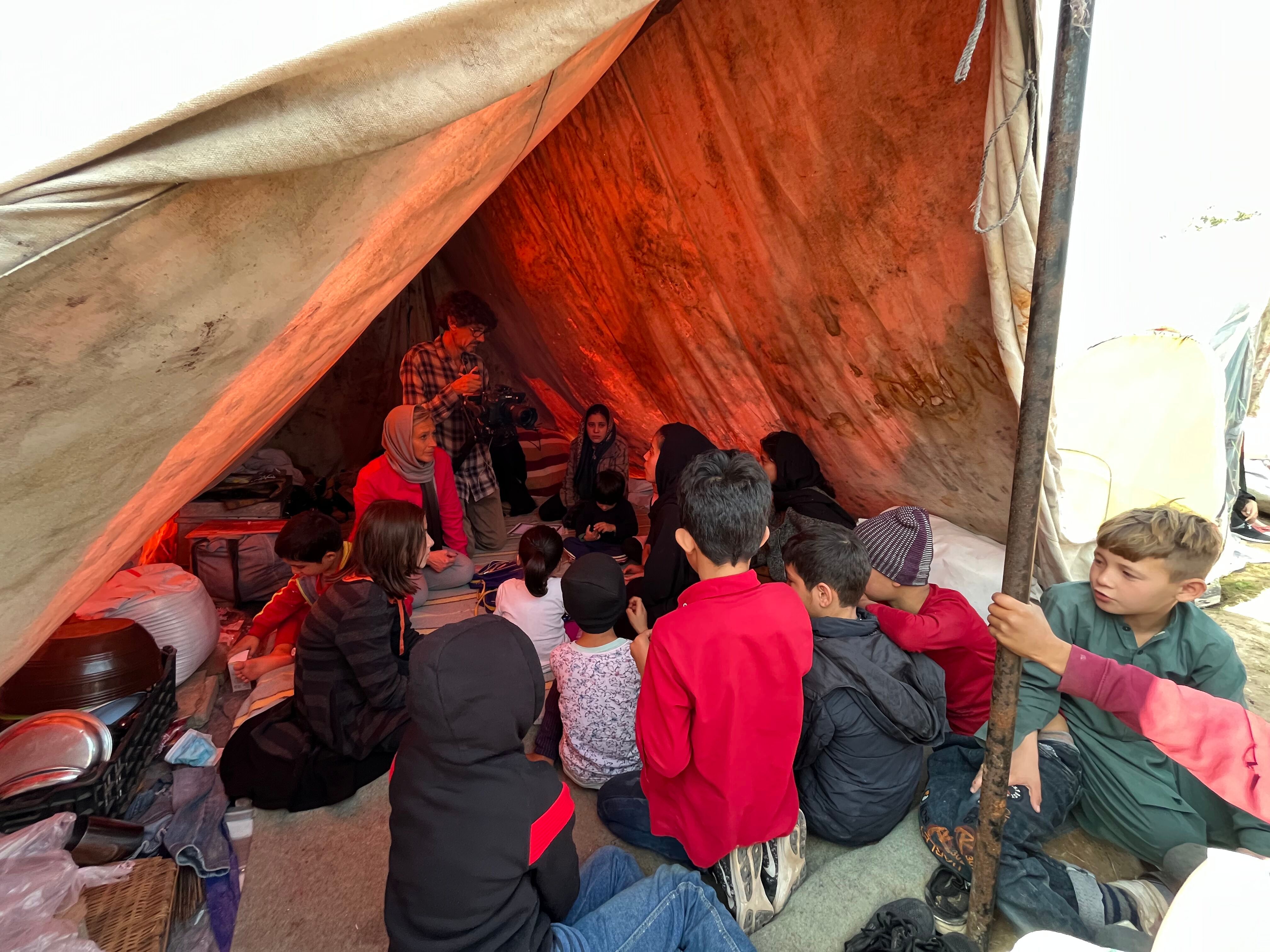 (Rosa Hwang / CTV News)
(Rosa Hwang / CTV News)
Kids are kids. For their mothers, there is constant anxiety.
The influx that started in the late 1970s when Afghans were driven out by the Saur Revolution, then the USSR’s invasion, has ebbed and flowed over the years. It intensified in 2021 when the Taliban reclaimed power.
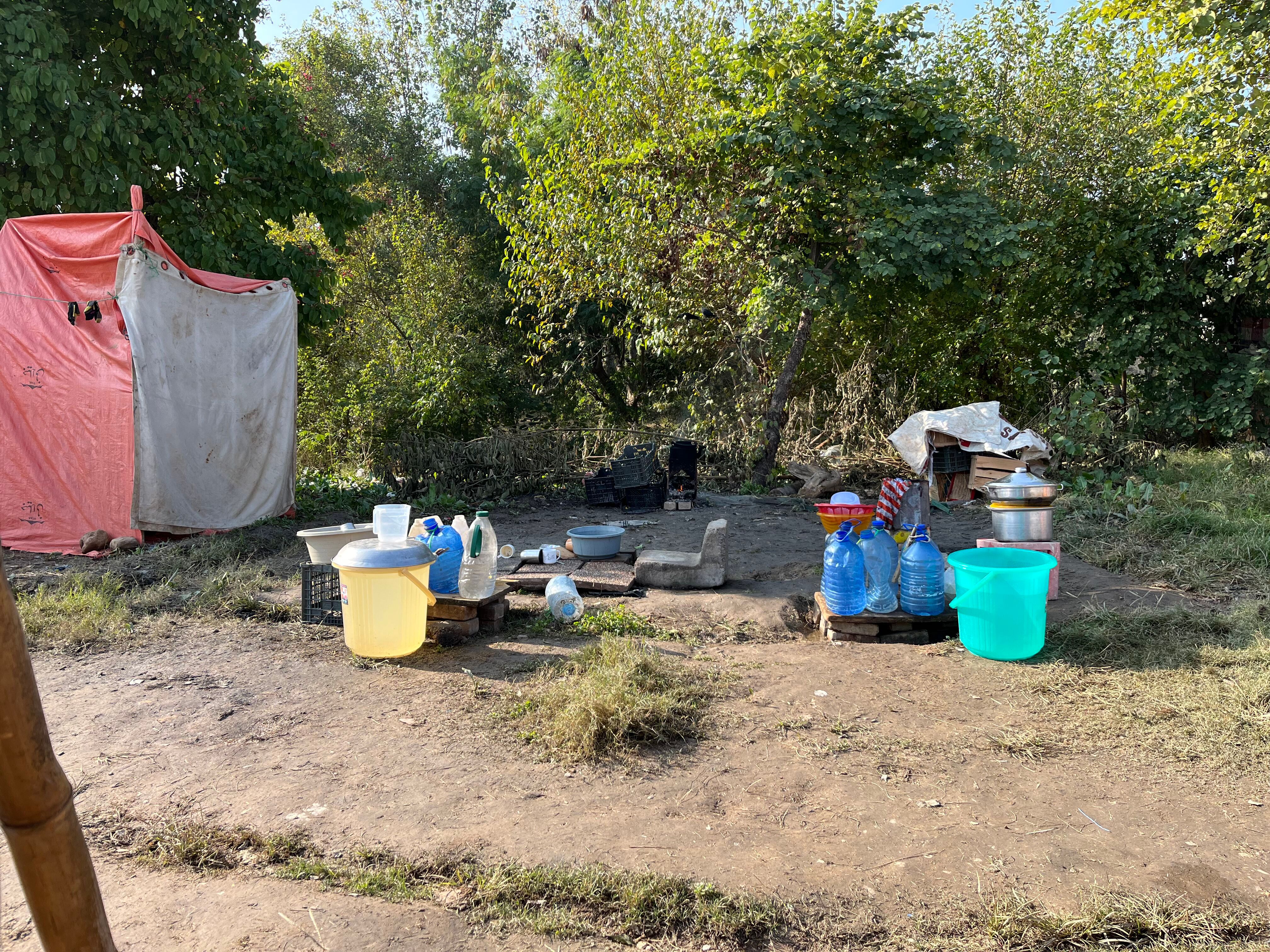 (Rosa Hwang / CTV News)
(Rosa Hwang / CTV News)
When faced with threats and an uncertain future in Taliban-controlled Afghanistan, economic hardship in a neighbouring country was the preferred option — a choice both obvious and brave. But in that park in Pakistan, the trade-off looks just as cruel.
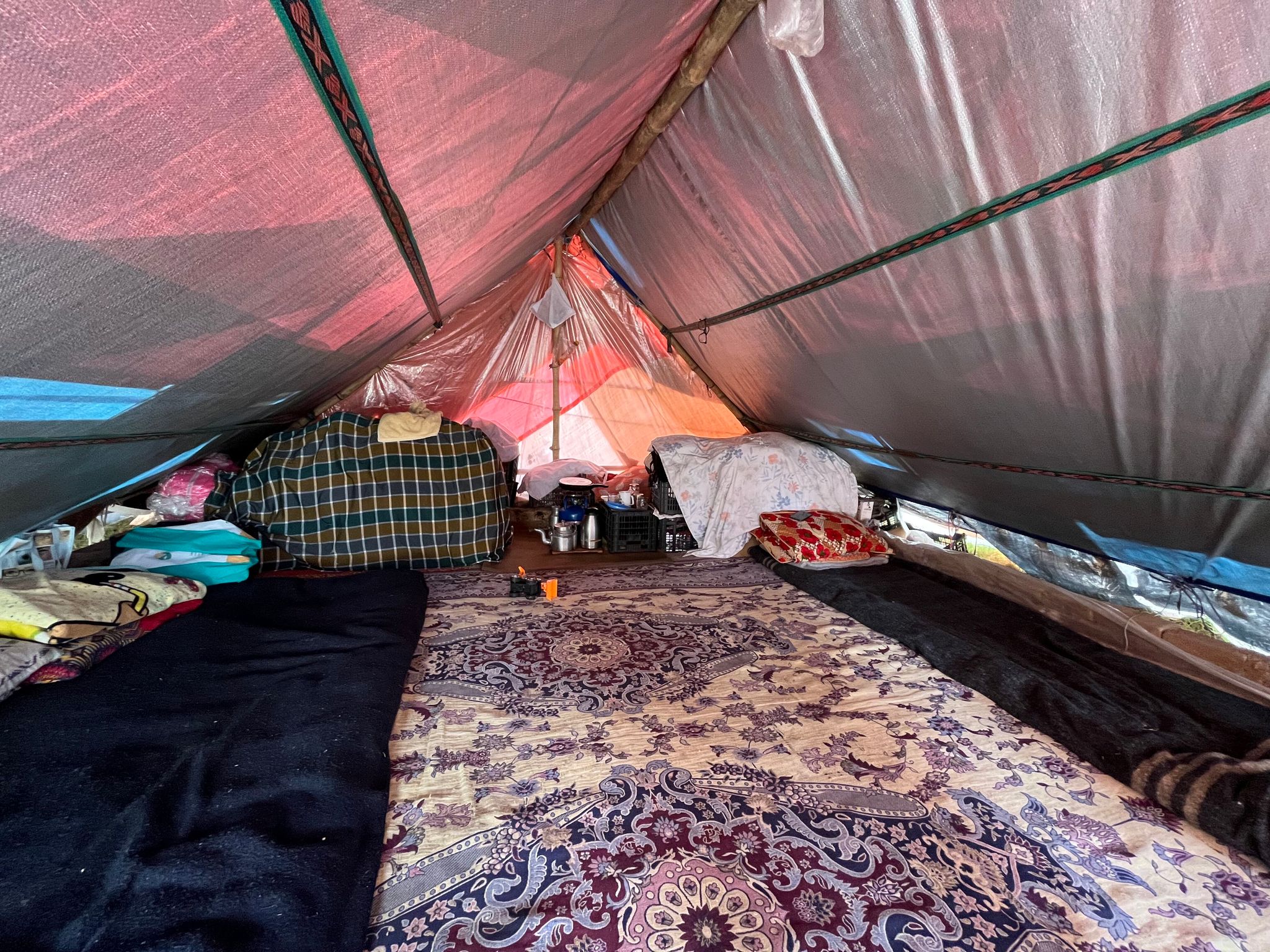 (Rosa Hwang / CTV News)
(Rosa Hwang / CTV News)
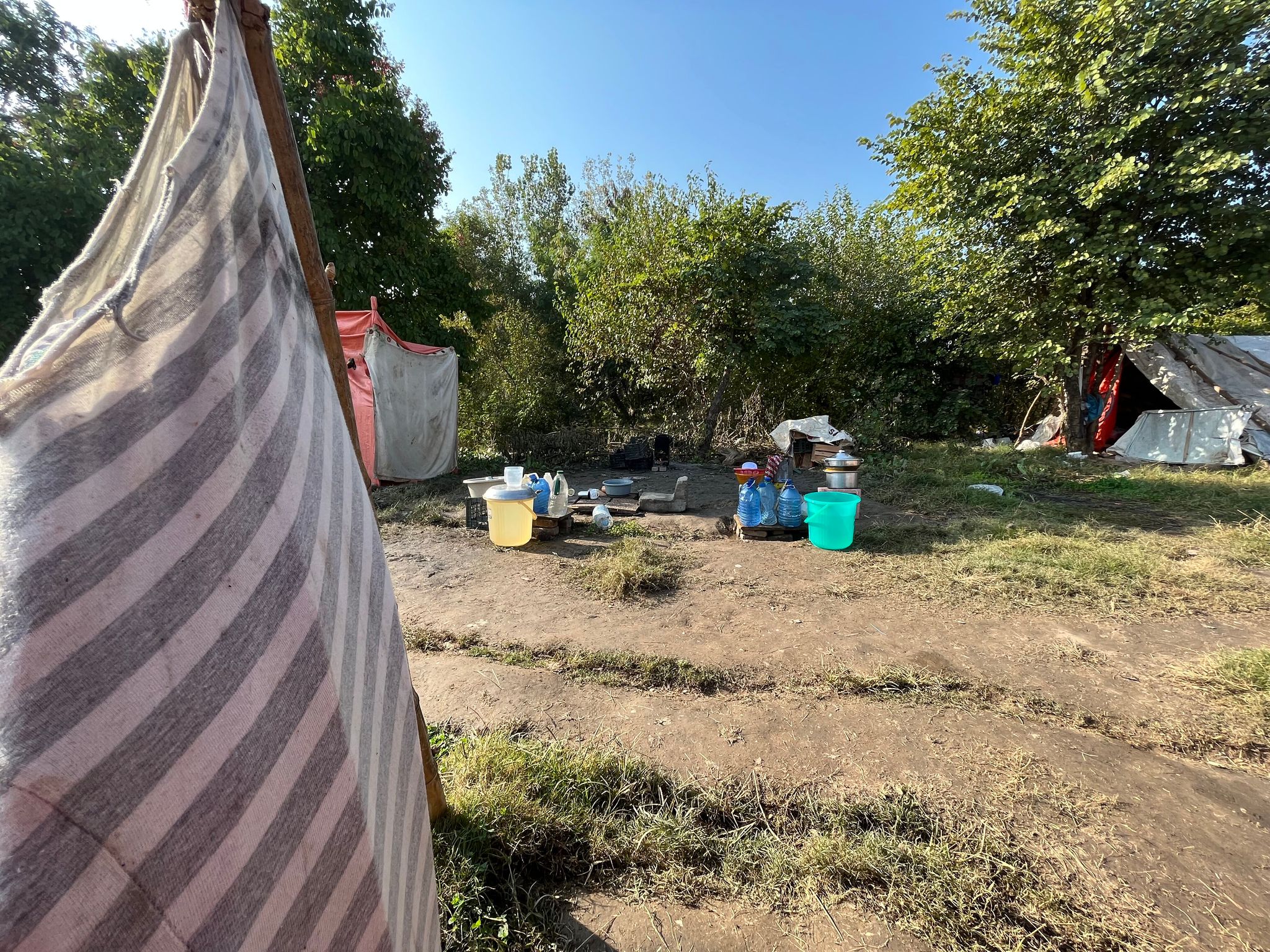 (Rosa Hwang / CTV News)
(Rosa Hwang / CTV News)
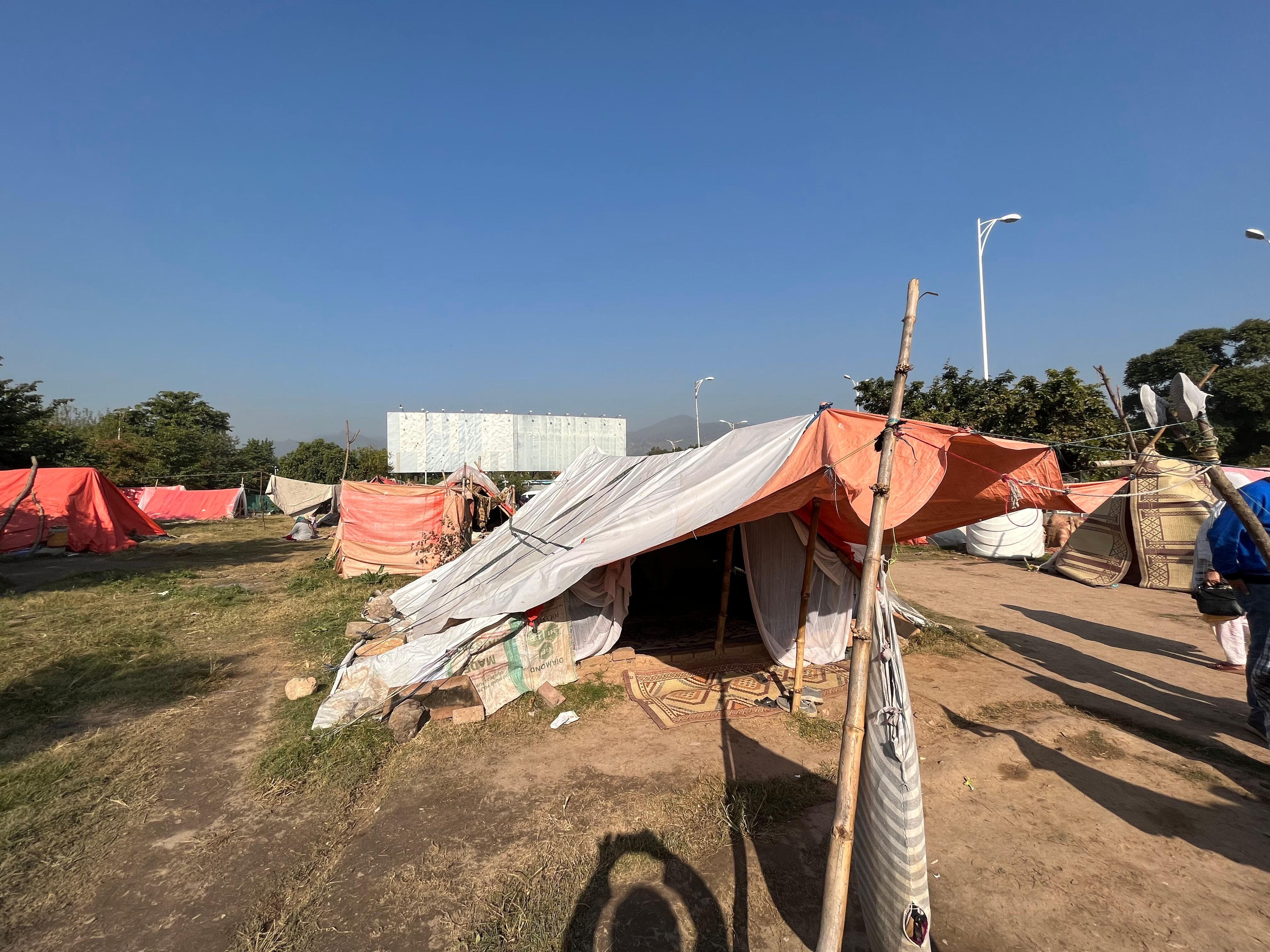 (Rosa Hwang / CTV News)
(Rosa Hwang / CTV News)
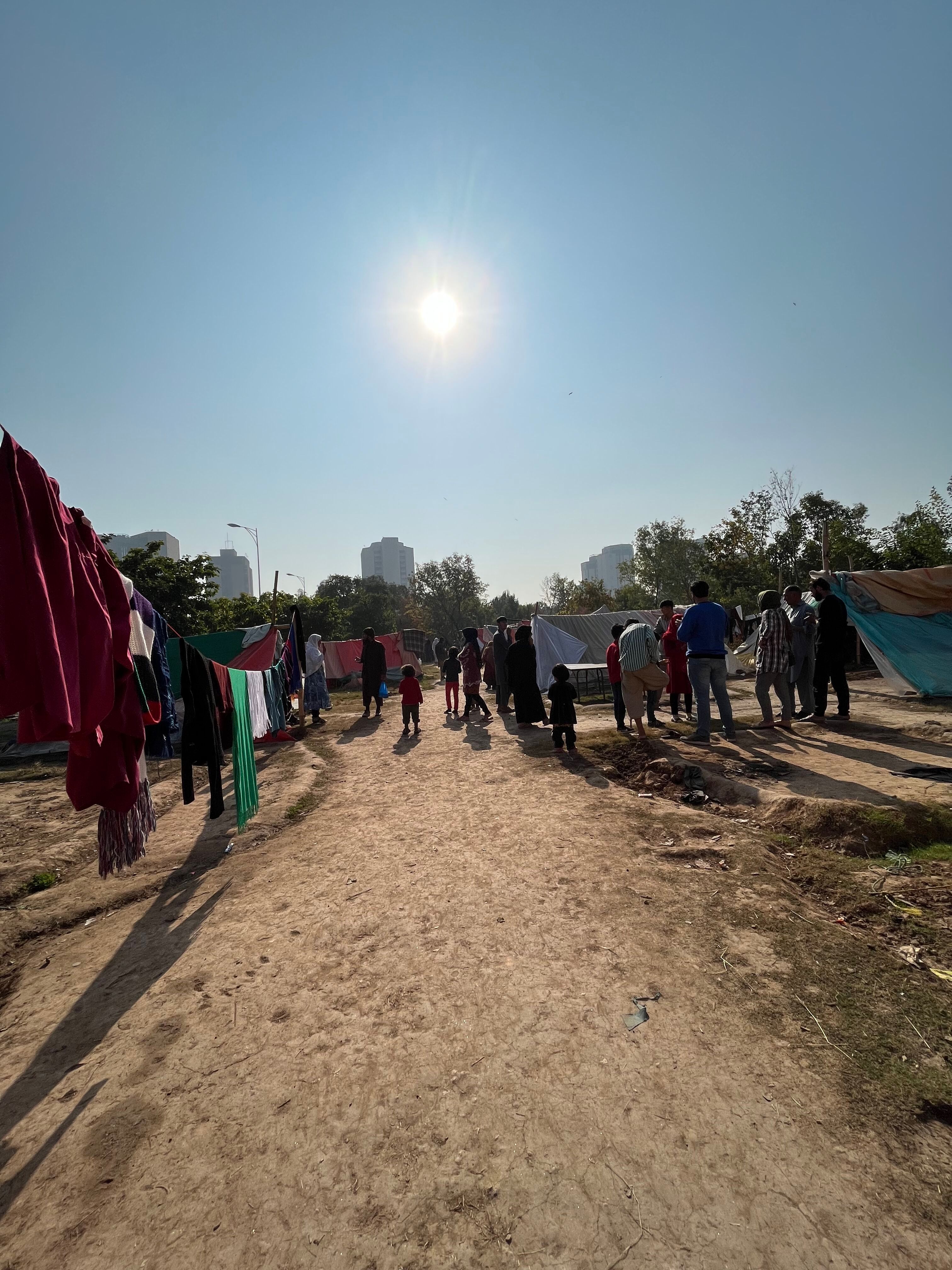 (Rosa Hwang / CTV News)
(Rosa Hwang / CTV News)
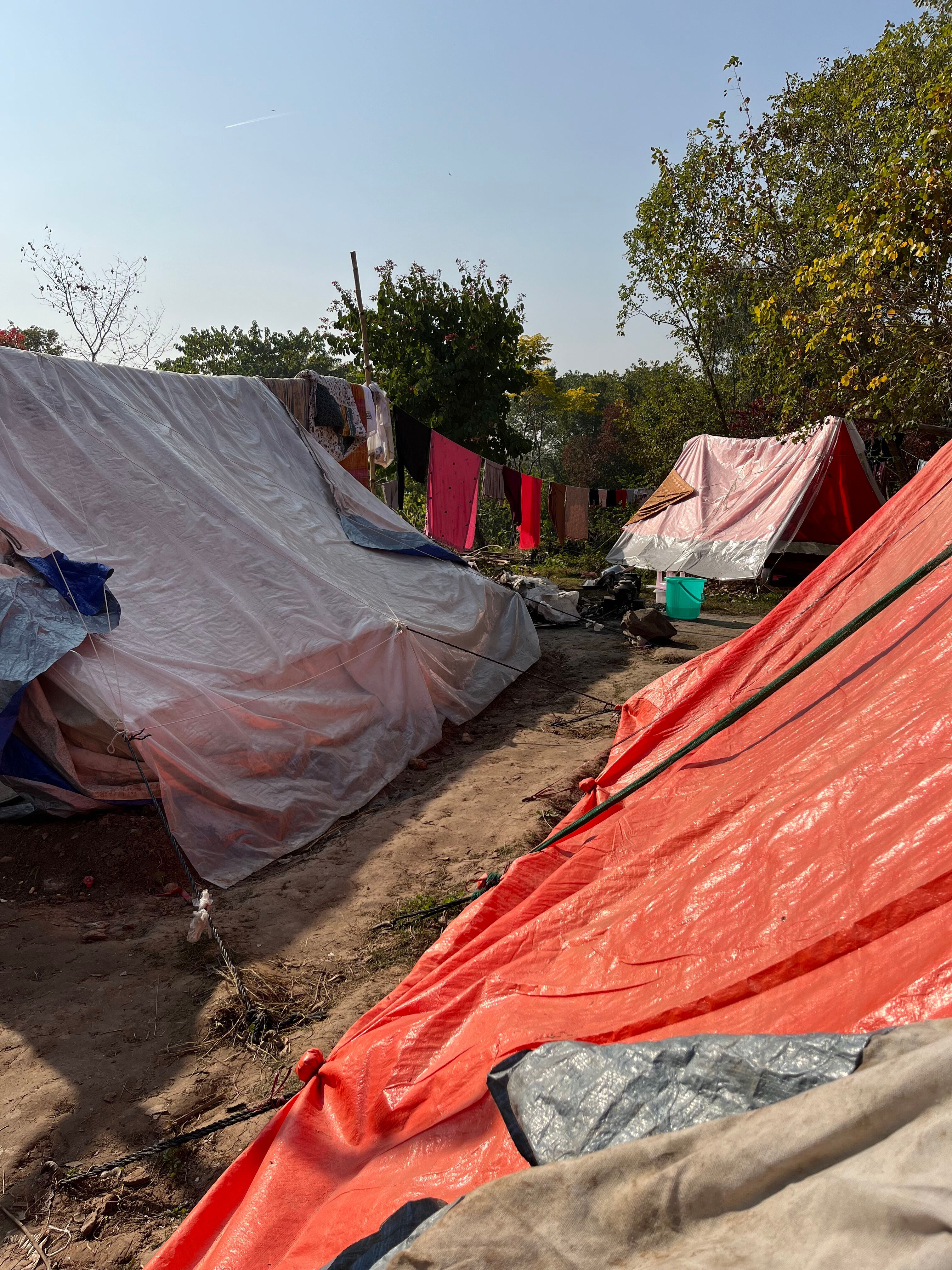 (Rosa Hwang / CTV News)
(Rosa Hwang / CTV News)
 (Rosa Hwang / CTV News)
(Rosa Hwang / CTV News)

It's now up to the federal Liberal government to sell a spending plan it says will help younger Canadians catch up to their elders.
With a variety of fiscal and policy measures announced in the federal budget, winners include small businesses and fintech companies while losers include the tobacco industry and Canadian pension funds.
For years, conventional wisdom in fitness culture has promoted the belief that stretching to become more flexible leads to better movement and injury prevention.
A Celebrity Apex cruise to the Caribbean this month turned into a rocking Newfoundland kitchen party when hundreds of people from Canada's easternmost province happened to be booked on the same ship.
Three teenagers were arrested in connection with a pair of alleged hazing incidents on a Manitoba hockey team, police say.
From plans to boost new housing stock, encourage small businesses, and increase taxes on Canada’s top-earners, CTVNews.ca has sifted through the 416-page budget to find out what will make the biggest difference to your pocketbook.
Several people have been arrested at a pro-Palestinian demonstration in the city’s west end that blocked rail lines for hours Tuesday.
In an effort to level the playing field for young people, in the 2024 federal budget, the government is targeting Canada's highest earners with new taxes in order to help offset billions in new spending to enhance the country's housing supply and social supports.
Five thousand public service jobs will be cut over the next four years, while underused federal office buildings, Canada Post properties and the National Defence Medical Centre in Ottawa could be turned into new housing units, as the federal government looks to find billions of dollars in savings and boost the country's housing portfolio.

Just steps from Parliament Hill is a barber shop that for the last 100 years has catered to everyone from prime ministers to tourists.
A high score on a Foo Fighters pinball machine has Edmonton player Dave Formenti on a high.
A compound used to treat sour gas that's been linked to fertility issues in cattle has been found throughout groundwater in the Prairies, according to a new study.
While many people choose to keep their medical appointments private, four longtime friends decided to undergo vasectomies as a group in B.C.'s Lower Mainland.
A popular highway in Alberta's Banff National Park now has a 'no stopping zone' to help protect two bears.
B.C. resident Robert Conrad spent thousands of hours on Crown land developing an unusual bond with deer.
A Sudbury woman said her husband was bringing the recycling out to the curb Wednesday night when he had to make a 'mad dash' inside after seeing a bear.
A school teacher who took part in the Quebec version of the Survivor reality TV show took time off work to be a contestant is now out of a job.
A young actor from Prince Edward Island is getting the chance to fulfill a childhood dream, playing the precocious and iconic Anne Shirley on stage.